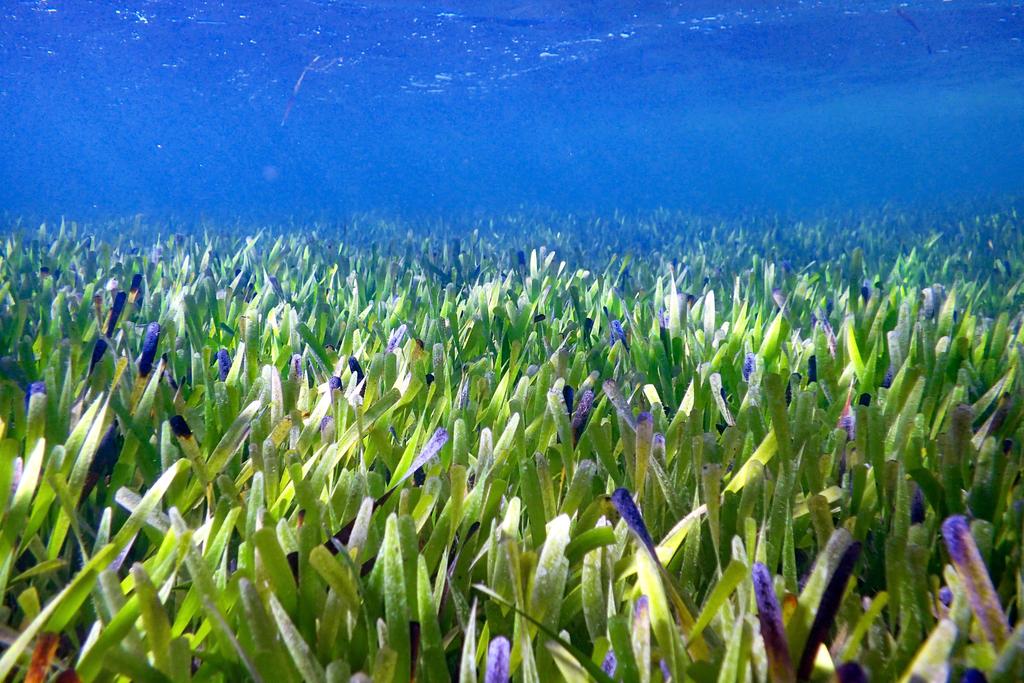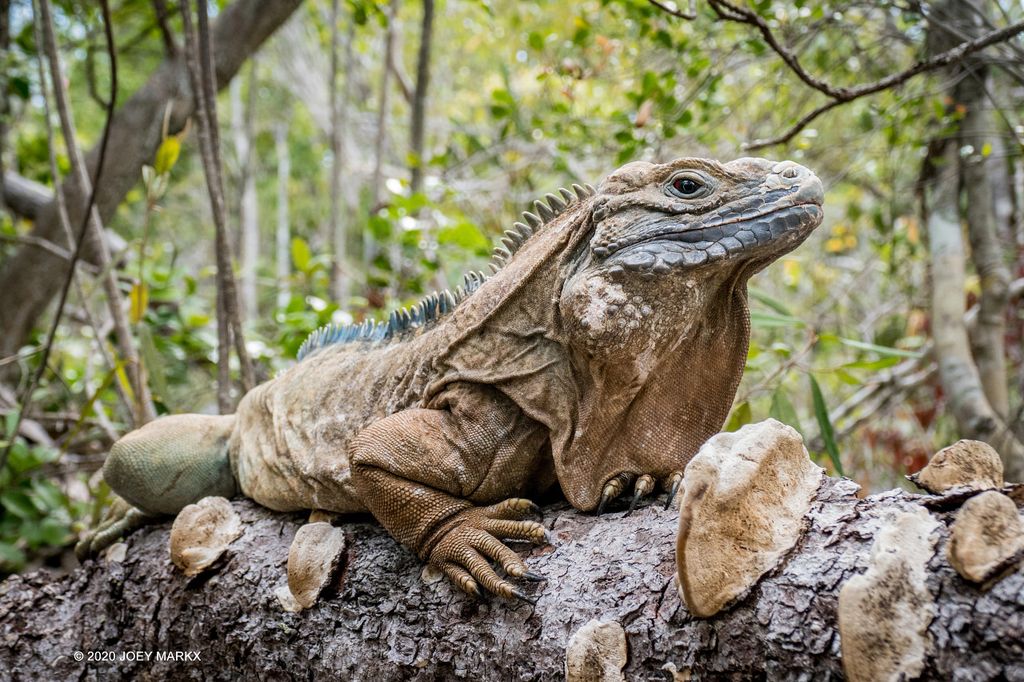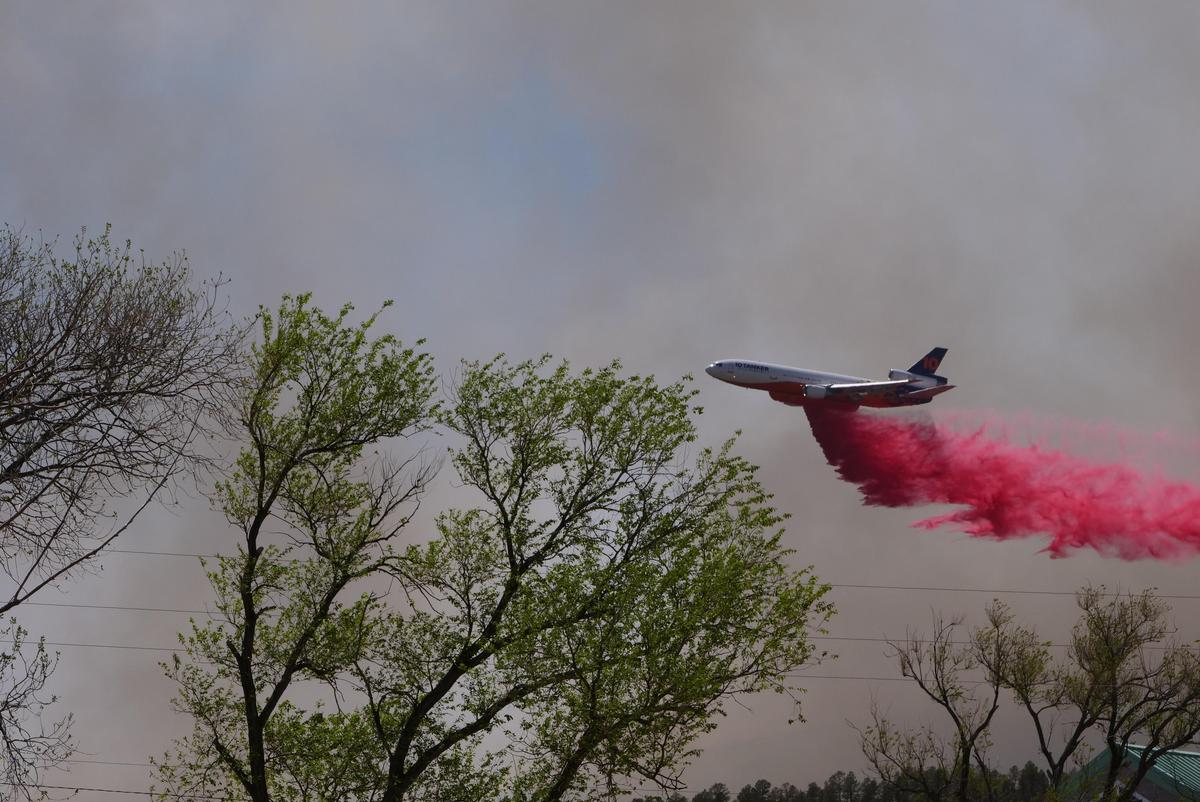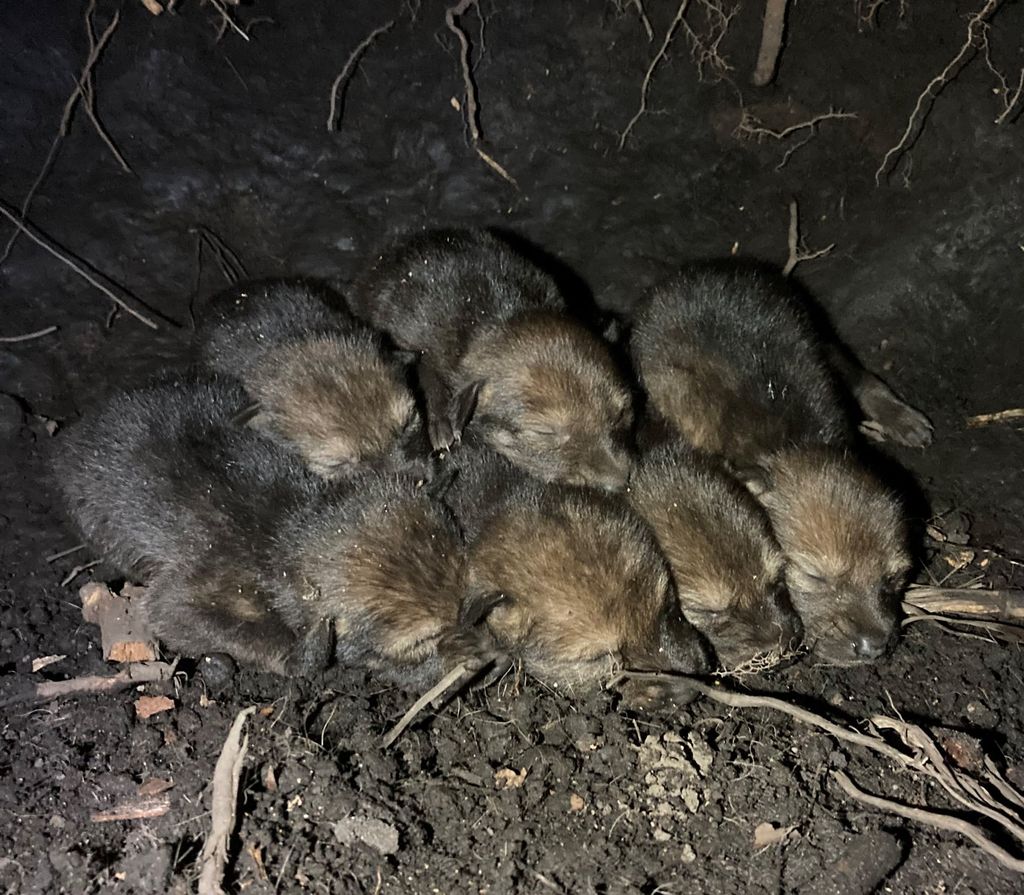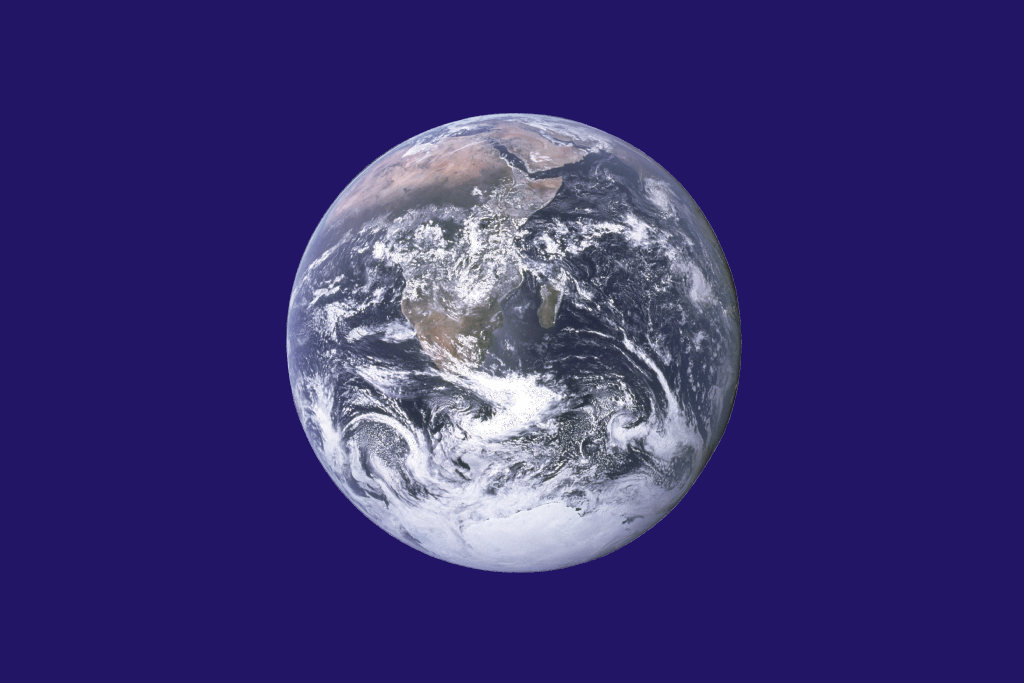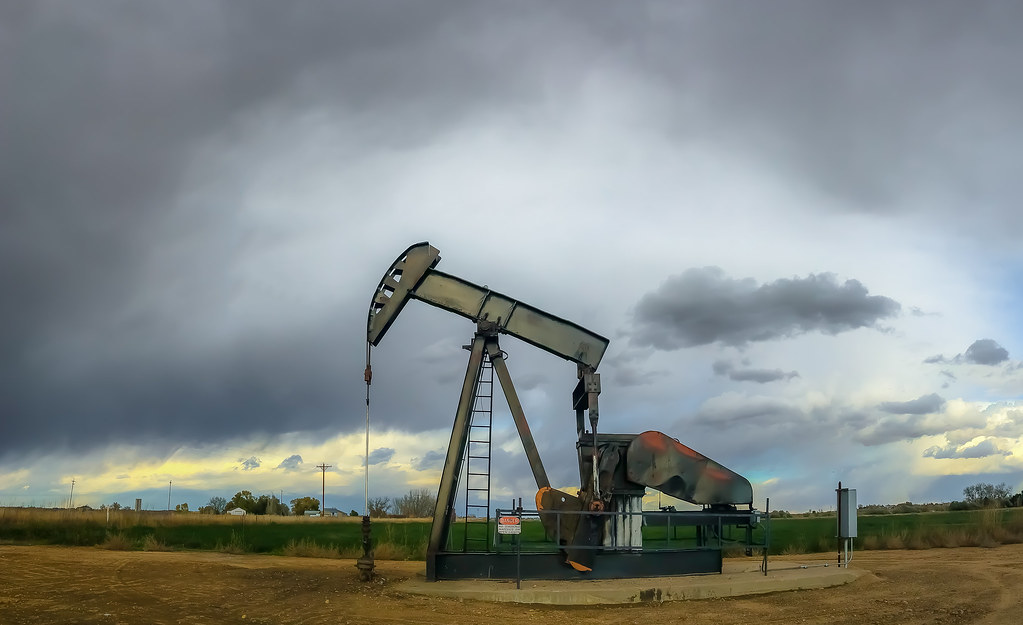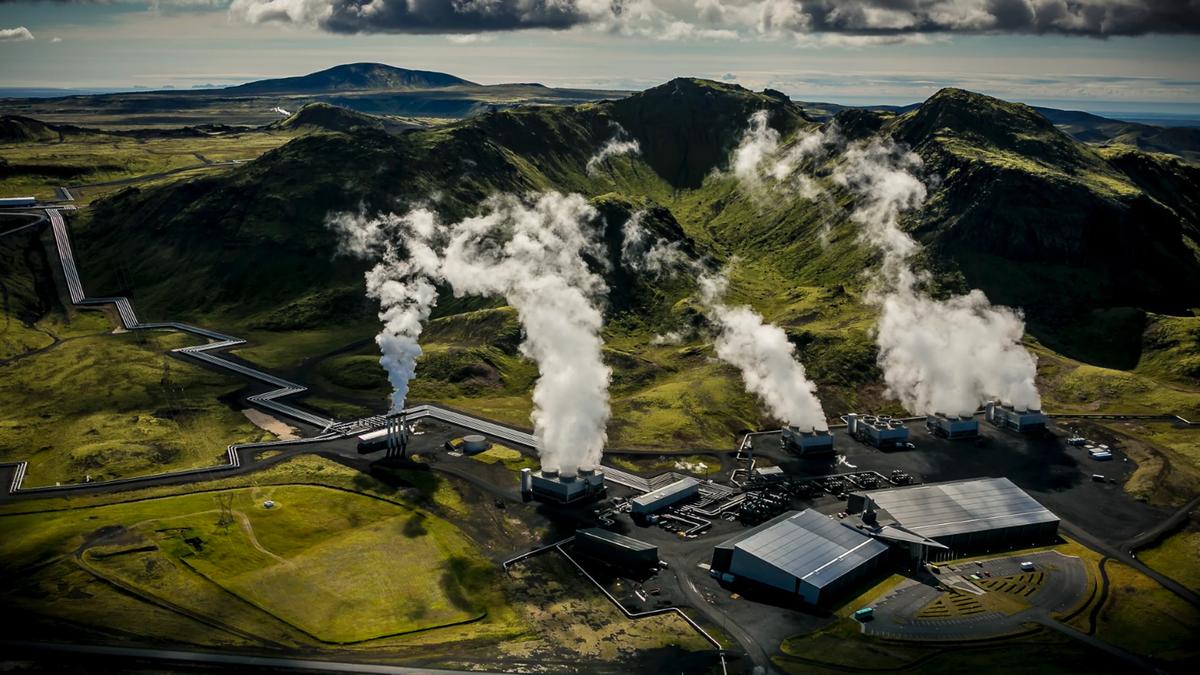Scientists have discovered what they believe is the world's largest plant, an underwater field of sea grass that stretches for 112 miles (180 kilometers) off the west coast of Australia. The sea grass plant is believed to be around 4,500 years old.
Published in “Environment”
People in Bangladesh and India are struggling as they face serious flooding caused by early heavy rains. The floods have covered roads, bridges, and entire villages. Millions of people have been left isolated by the flood waters.
In today's news roundup, Iraq is hit with dangerous sand and dust storms, US Soccer reaches an agreement to pay men and women equally, and a painting that was once traded for cheese sandwiches sells for roughly $270,000.
A recent scientific report says that more than one-fifth of the world's reptiles are at risk of dying out. The main threat to reptiles is the loss of their natural homes, as humans take over more and more natural areas.
In today's news roundup, New Mexico fights massive wildfires, New Zealand reopens to tourists after more than two years, and a company uses satellites to spot cow burps from space.
India and Pakistan are struggling as they face an intense early heat wave. After the hottest March ever recorded, temperatures in late April again set records. The heat is causing health problems, and has led to fires, energy shortages, and damaged crops.
Last Thursday, the US Fish and Wildlife Service announced that six red wolf pups had been born in the wild. That's great news for endangered red wolves, and marks the first time these pups have been born in the wild since 2018.
Today marks 52 years since Earth Day was first celebrated. This year, Earth Day organizers have lists of events taking place all around the world. NFK also takes a brief look at "climate anxiety" and steps that could help calm worries over the climate crisis.
As the world tries to quit fossil fuels, there's a lot of focus on renewable energy sources like wind and solar. But one very promising source of energy comes from deep inside the Earth. And old oil wells could help greatly in developing this power.
Since early April, climate protesters have blocked roads, buildings, and oil storage areas. The protests are meant to bring attention to the climate crisis. The protests have made the news, but it's not clear if they're changing people's minds.
One of the challenges facing the world as it fights the climate crisis is how to remove pollution from the air, and store it so that it's harmless. Today, NFK looks at the promise and challenges of "capturing carbon".

